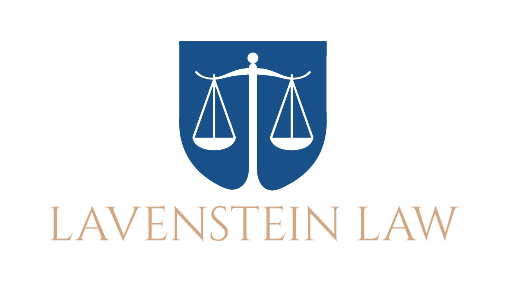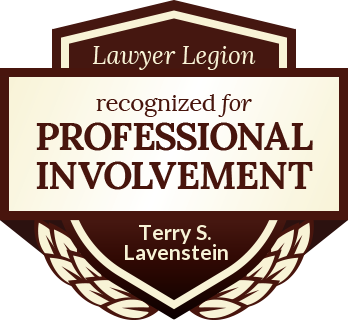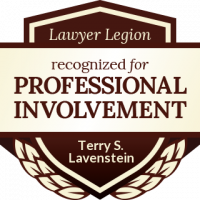By: Kenneth Vercammen
[ad_1]
Erase/ Expungement Of Arrests And Convictions To Avoid Embarrassment And Disclosure
If someone has been arrested or even had a private criminal complaint signed against them in the Municipal Court, they have a criminal record, even if the charges were dismissed. Under NJSA 2C:52-1 et seq. past criminal arrests and convictions can be expunged/ erased under certain instances. We always recommend individuals hire an attorney to obtain an expungement. The process for all expungements are held in the Superior Court. It takes a minimum of three months for the court to grant the expungement. The requirements are very formal. There can be a waiting period between 6 months up to 10 years after the criminal case is finished. When retaining the attorney, obtain a “certified disposition” of the court’s decision, from the Court itself. Court costs and legal fees for expungement range from $1,500- $2,500. Thousands of citizens over the past 30 years have been arrested for criminal, disorderly, and municipal ordinance offenses. The courts and police must keep a record of all arrests and convictions, even if 30 years old. These “secrets of the past” could be open to anyone including credit agencies. Under one proposal, for a $15.00 fee, someone could ask the state police for a person’s criminal record, even arrests with not guilty findings. Allowing access to a person’s old criminal conviction or arrest record could open the door for discrimination or job loss against someone who now is a productive, respected, and law abiding citizen. Many employers often do a criminal background check on new and promoted employees. Fortunately, if you are a law abiding citizen, you can now have old arrests or most convictions erased from public records and police folders. Under NJSA 2C:52-1 et seq. past criminal arrests and convictions can be expunged/ erased under certain instances.
Waiting periods If you were convicted or pleaded guilty to a disorderly person offense (misdemeanor type) more than 5 years ago, and have not been convicted of anything since, you can have your attorney petition to the Superior Court for an Expungement (Erase and removal) of your criminal record. The waiting period starts from the full payment of fines, completion of probation or other requirements, whichever finishes latest. If you plead guilty to a town ordinance (ex. – Seaside Heights Drinking in Public) you can petition for an Expungement after waiting two years. A Juvenile delinquent/guilty finding for a minor can also be expunged/erased under similar circumstances. In addition, minor drug arrests which resulted in first offender conditional discharge can be erased after 6 months has passed since termination of probation or conclusion of court proceedings. Most importantly, arrests on frivolous complaints which did not result in a conviction or if charges were dismissed, can be expunged, without waiting. The waiting period on an indictable charge [guilty plea in Superior Court] is 10 years. The following criminal offenses are some of the typical offenses individuals can petition for expungement: Alcohol Underage 2C:33-15 Arson 2C:17-1 Assault 2C:12-1 Bad Check 2C:21-5 Burglary 2C:18-2 Conspiracy 2C:5-2 Criminal Mischief 2C:17-3 Criminal Trespass 2C:18-3 Disorderly Conduct 2C:33-2 Drug Paraphernalia 2C:36-1 False / Fraud Instrument 2C:21-3 Harassment 2C:33-4 Hindering Apprehension 2C:29-3 Lewdness / Criminal Contact 2C:14-4 Obstructing Admin. of Law 2C:29-1 Possession Drugs 2C:35-10 Prohibited Weapons 2C:39-3 Prostitution 2C:34-1 Receiving Stolen Property 2C:20-7 Resisting Arrest 2C:29-2 Shoplifting 2C:20-11 Stalking 2C:12-10 Terroristic Threats 2C:12-3 Theft by Deception 2C:20-4 Theft of Services 2C:20-8 Theft Unlawful Taking 2C:20-3 Wandering 2C:33-2.1 Weapon Unlawful Purpose 2C:39-4
THE EXPUNGEMENT PETITION You should contact an attorney experienced with handling expungements. The Expungement Petition is filed in the county where the offense took place, not where the defendant lives. The petition is filed not in the Municipal Court but in the Superior Court. Once filed, the Superior Court will set a hearing within 35-60 days. Your attorney will prepare an Expungement Petition which under state law must contain substantial background information, including: a. Date of Birth and Social Security # b. Date of Arrest c. Statute Arrested For and Statute Convicted d. Original Indictment, Summons, or Complaint Number e. Petitioner’s Date of Conviction or Date of Disposition f. Court’s Disposition of the Matter and Punishment Adopted, if Any
In addition, the Expungement Petition must have an affidavit that states that there are no charges pending and that the petitioner never previously received a prior expungement. As required under the statute, the attorney for the applicant must serve a copy of the Petition Order for hearing and supporting documents on the following people:
1.) Superintendent of State Police 2.) Attorney General
3.) County Prosecutor of the county where the court is located
4.) The Chief of Police where the event took place
5.) The chief law enforcement officer of any other law enforcement agency which participated in the arrest
6.) The warden of any institution where the petitioner was confined
7.) the Municipal Court if the disposition was made by a municipal court, 8 County Sheriff if they took fingerprints.
If you satisfy all other statutory requirements and there is no objection by the entities notified, the court will usually grant an order directing the Clerk of the Court and all relevant criminal justice and law enforcement agencies to expunge (remove) records of said disposition including evidence of arrest, detention, conviction, and proceedings. There are additional pleadings which the applicant’s attorney must prepare and file. If you have an old offense, it is important that you have the arrest expunged to keep your name and record clean. All criminal charges, even if dismissed, stay on your record forever, unless the expungement order is granted by a Superior Court Judge.
[ad_2]
Source














